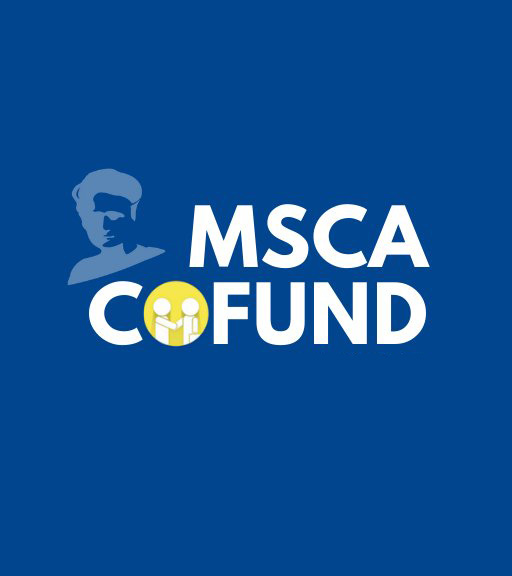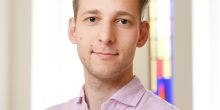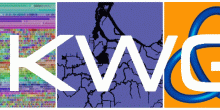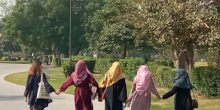Although the NETWORKS programme will continue till 2025, it somehow feels that we're entering the last phase. The reason is that we are currently in the process of appointing the last group of PhD students, who will finish about four years from now. It's great to see new faces and to have new ambitious plans! And let's hope that we can actually meet in person some time in the near future -- much better than these endless Zoom calls!
Regarding the junior staff positions, there's a lot of good news. In the first place, we were awarded a European COFUND grant, which doubled our remaining 7 PhD positions. This grant of about 1.75 ME allows us to start new exciting projects, some on themes already covered within NETWORKS, and others on topics that connect us with other disciplines. Since the start of the programme, back in 2014, we have become much broader, with a significantly better connection with various adjacent disciplines.
The search process for these 14 PhD students was a bit different from the previous times. One of the requirements that the EU imposed, was was that we can hire only international candidates. The reason is clear: the programme aims at strengthening international research collaborations and improving scientific mobility. In the past we often recruited students from our own master programmes, which had various advantages: you already know the candidates, they may have even done a master project under your supervision, and there will be not culture shock.
But I do see the evident advantages of recruiting students from elsewhere. In the end it is important to go for a group that is a healthy balance between different profiles. We are currently finishing the recruitment procedure, and I can proudly say that we have hired a very nice mix of young, gifted people. There is a high level of diversity, in terms of gender, geographic roots, and academic background. I am very curious how everything will be working out!
Within the programme offered to the new students, there is a strong emphasis on educating these young people. In the first place this amounts to offering them a background in topics that typically go considerably beyond the topic of their own project. In addition, an integral part of the PhD project is an industrial traineeship, in which mathematical concepts are applied in a more operational context.
To make the story even nicer, we also secured a second COFUND grant, worth a bit over 1.0 ME, doubling our remaining postdoc budget. This concretely means that the 7 two-year positions we still had, have turned into 14! We will be posting an ad in the fall. So many interesting challenges for the years ahead!






